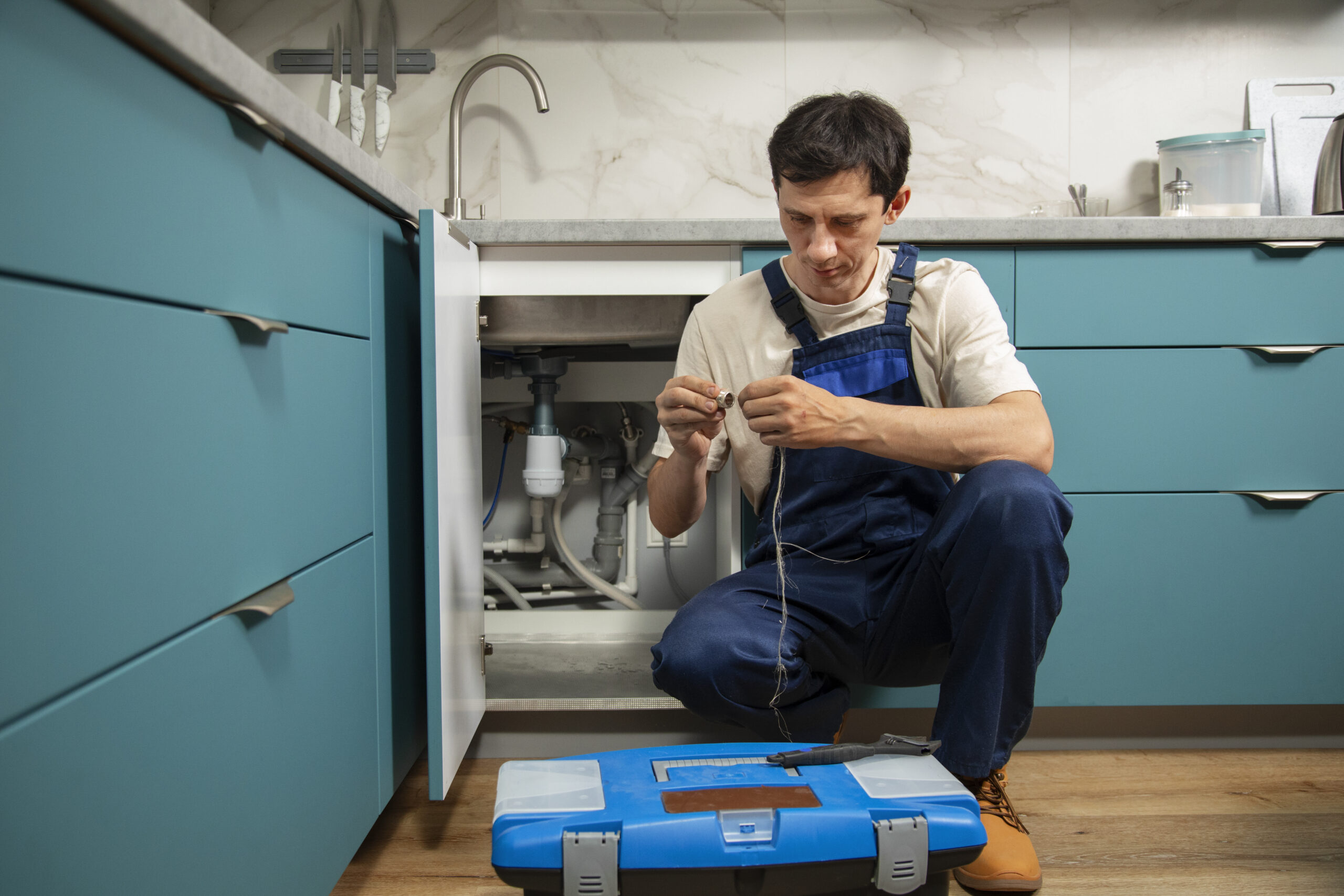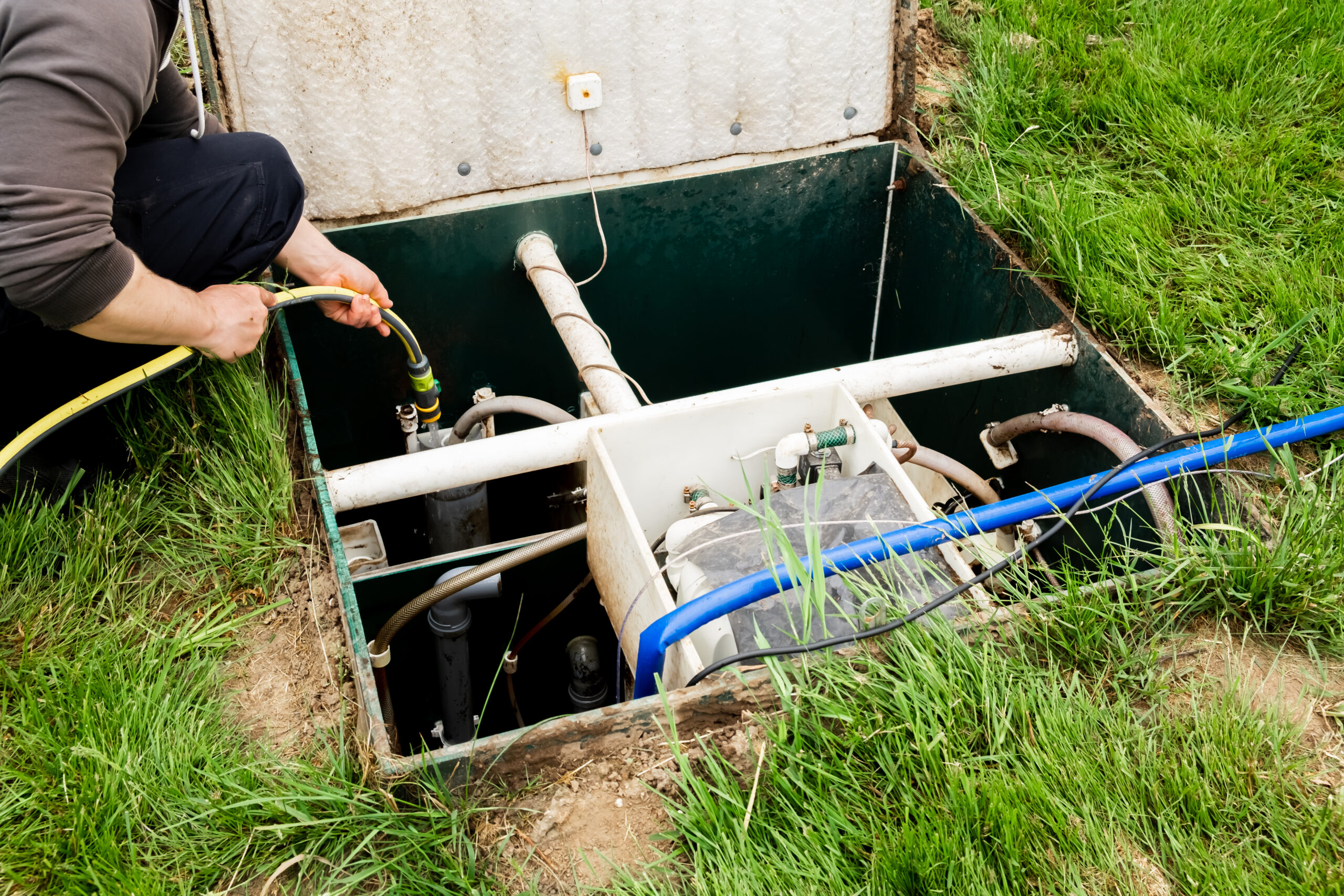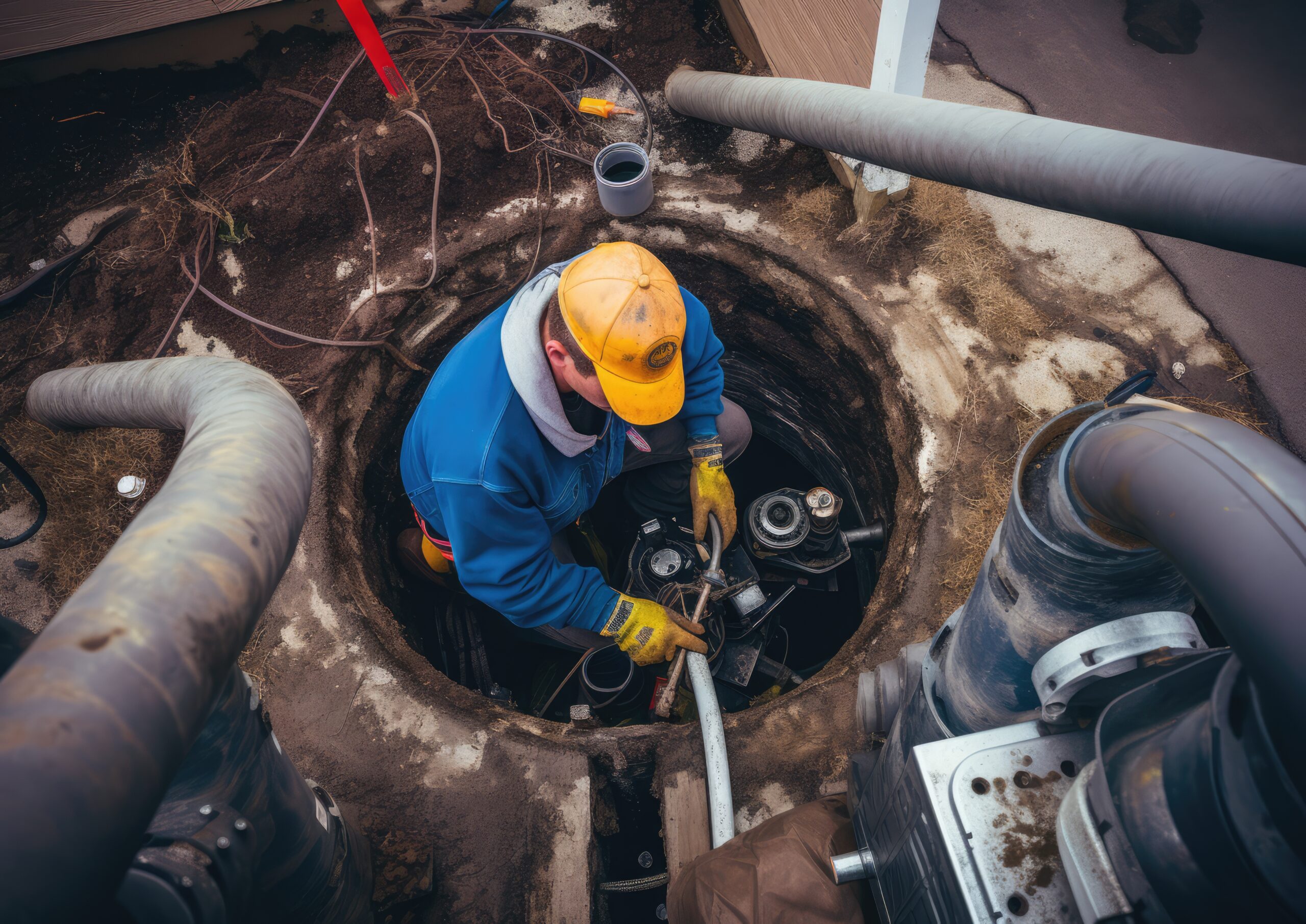If you’re thinking about selling your house or have discovered problems with your septic system, a septic inspection is a vital element of home upkeep. In addition to making sure the inspection goes well, preparing your house for a septic inspection aids in spotting possible issues before they worsen. For a comprehensive septic inspection, prepare your house as follows:
Locate Your Septic System Documents
Obtain any septic system-related paperwork before the inspector comes. This include maintenance documents, installation records, and reports from previous inspections. These records will give the inspector important details regarding the system’s age, design, and past problems or fixes.
Ensure Easy Access to the Septic Tank
Unhindered access to the septic tank, including its lid, is required for inspectors. Ensure that there are no obstacles blocking access, such as overgrown grass or garbage, in the vicinity of the tank. To reduce time during the inspection process, if the lid is buried, remove it before proceeding.
Conserve Water on the Day of the Inspection
To give the inspector a true picture of the natural levels and flows within your system, avoid excessive water use on the day of the inspection. This includes activities like laundry, dishwashing, or prolonged showers, which could skew the results of the inspection.
Check for Leaks in Your Plumbing
Look for any leaks in your toilet or faucets, as they can impact the septic system’s water levels. One of the most crucial steps in getting ready for an inspection is to make sure the plumbing in your home is operating properly.
Prepare Household Members
Tell everyone living in your home about the planned inspections. Make sure they understand how to use water responsibly and steer clear of any heavy-duty water usage jobs. This preparation guarantees that an unusual day of water use won’t affect the inspection and helps maintain consistency in the daily patterns of water usage.
Identify Signs of Issues
Even if you’re not an expert in septic systems, you can still identify any strange symptoms you’ve seen around your house. This includes offensive smells, extremely thick vegetation surrounding the drain field, or sinks and toilets that drain slowly. Let the inspector know about your concerns, since they may offer hints about possible difficulties.
Ask Questions
Make a list of any queries you may have regarding the upkeep and operation of your septic system. During an inspection, you can get expert guidance on how to maintain your septic system correctly. It can also help you with future self-inspections by knowing the particular wear and tear indicators that the inspector looks for.
Conclusion
Although a septic inspection may sound intimidating, with the right planning, it can be a simple procedure that gives you confidence in your house’s waste disposal system. By taking these precautions, you can make sure that your septic system is prepared for a comprehensive inspection, which could prevent expensive repairs and prolong the lifespan and effectiveness of the system.




